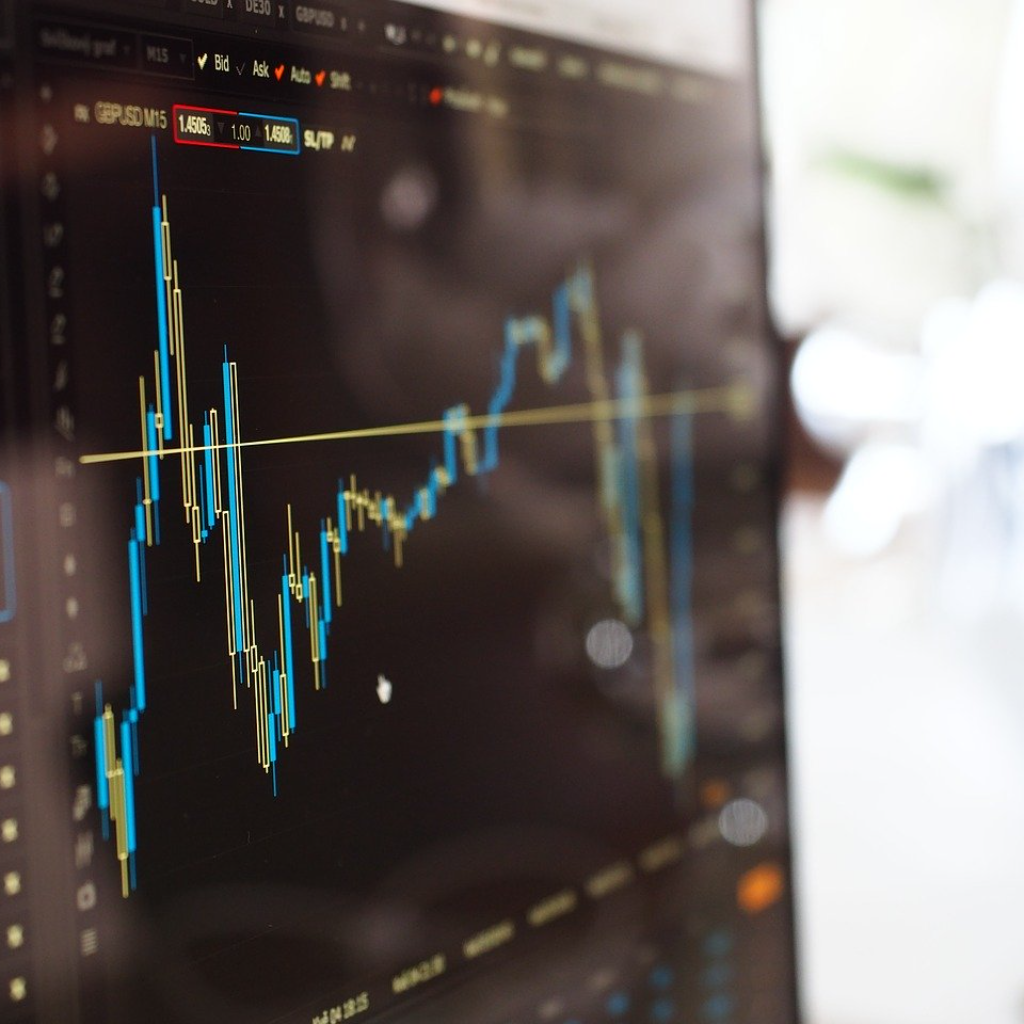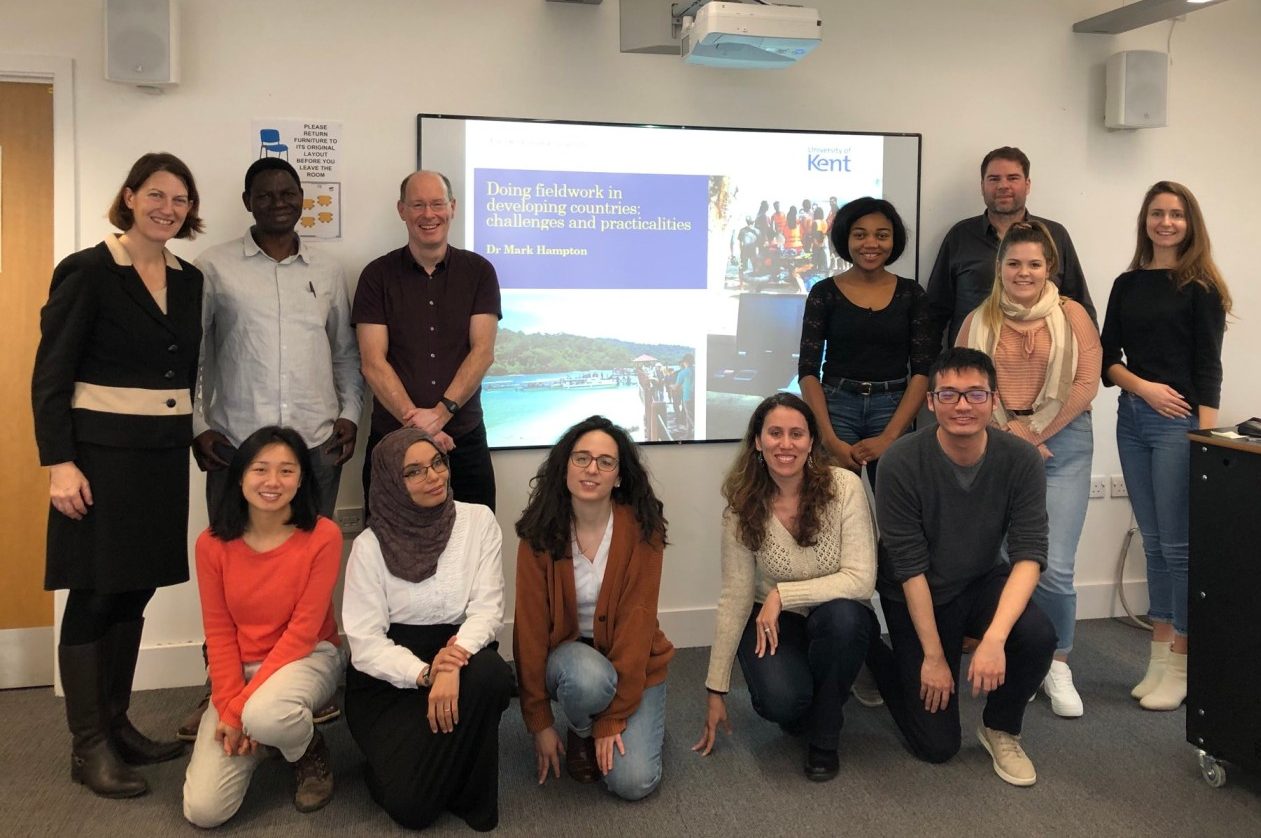The GCDC organises specialised training to support GCDC doctoral researchers and affiliates as they work to address global challenges through research.
GCDC training is intended to supplement, rather than replace, the range of training opportunities offered by academic schools and central departments, including the Graduate and Researcher College’s Researcher Development Programme. In some cases, GCDC training sessions are open to the wider postgraduate community, and more information is available via the links below. Email kentgcdc@kent.ac.uk with any questions or to express interest in particular sessions.





